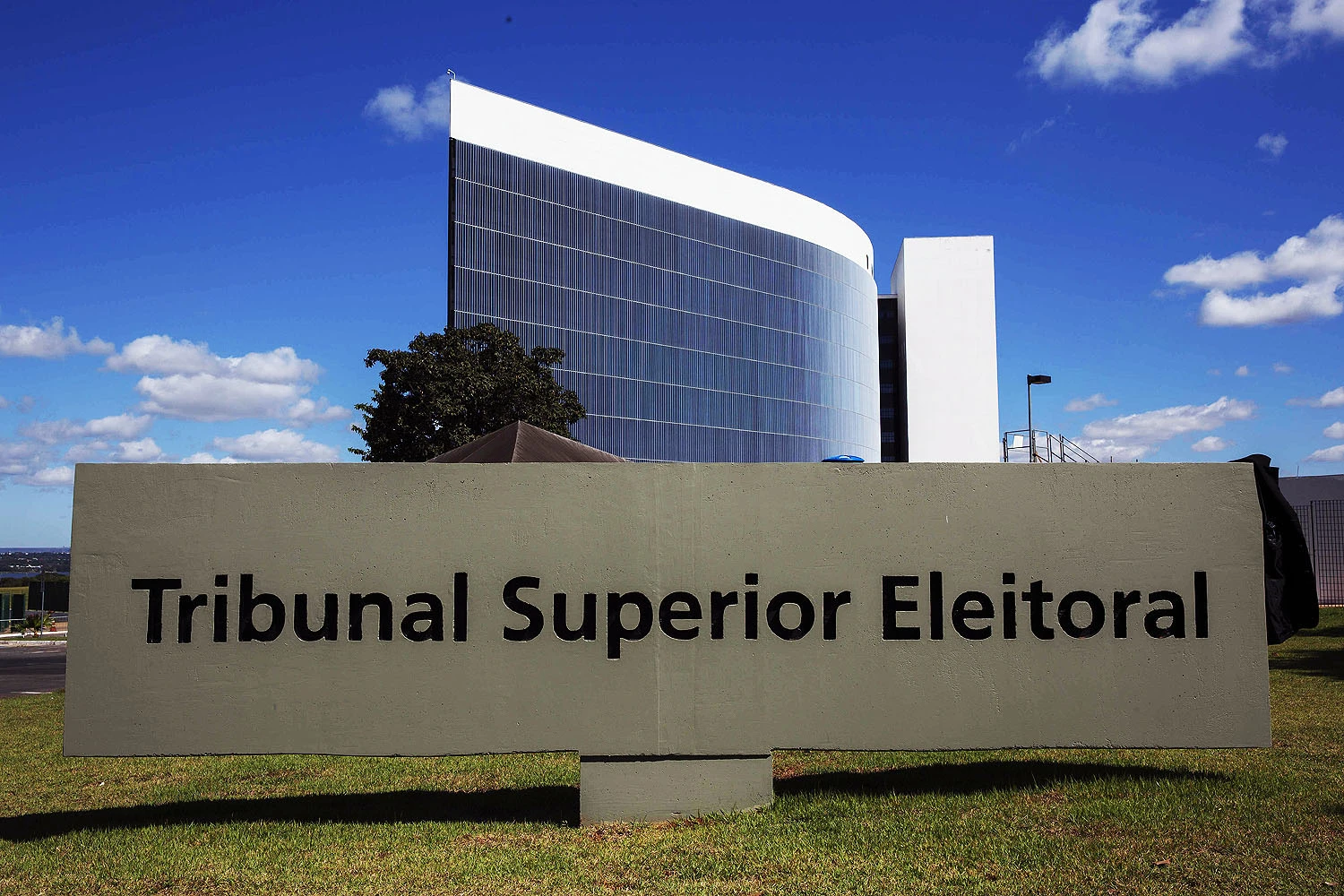In Brazil, the formation of new political parties has declined sharply due to legislative changes and legal hurdles.
Of the 79 potential parties in 2020, only 21 groups are currently trying to establish new political entities.
No new parties registered with the Superior Electoral Court (TSE) in four years, reducing the count from 33 to 29.
According to experts, reform to cut party numbers aims to streamline Congress and boost efficiency.
Mayra Goulart from the University of Rio de Janeiro believes these reforms target less party fragmentation for better governance.
Stricter rules, like banning corporate donations and setting performance clauses, deter new parties.

José Paes Neto of the Brazilian Academy of Electoral and Political Law ABRADEP notes the challenges groups face in meeting these stringent TSE requirements.
A party needs support from a specific percentage of the electorate across several states, a task made daunting by the requirement of collecting over half a million signatures.
The performance clause, setting minimum votes or seats for funding and airtime, has further discouraged new party initiatives.
As the 2024 elections approach, the timeline tightens for these groups. With many yet to submit any signatures and none close to the required number, the outlook is bleak.
Despite these obstacles, groups with diverse focuses, from labor to identity politics, press on.
They aim to enrich Brazil’s political dialogue, driven by a mix of frustration with the status quo and aspirations for more inclusive representation.
This effort reflects a broader desire for political renewal and greater diversity in Brazilian governance.

